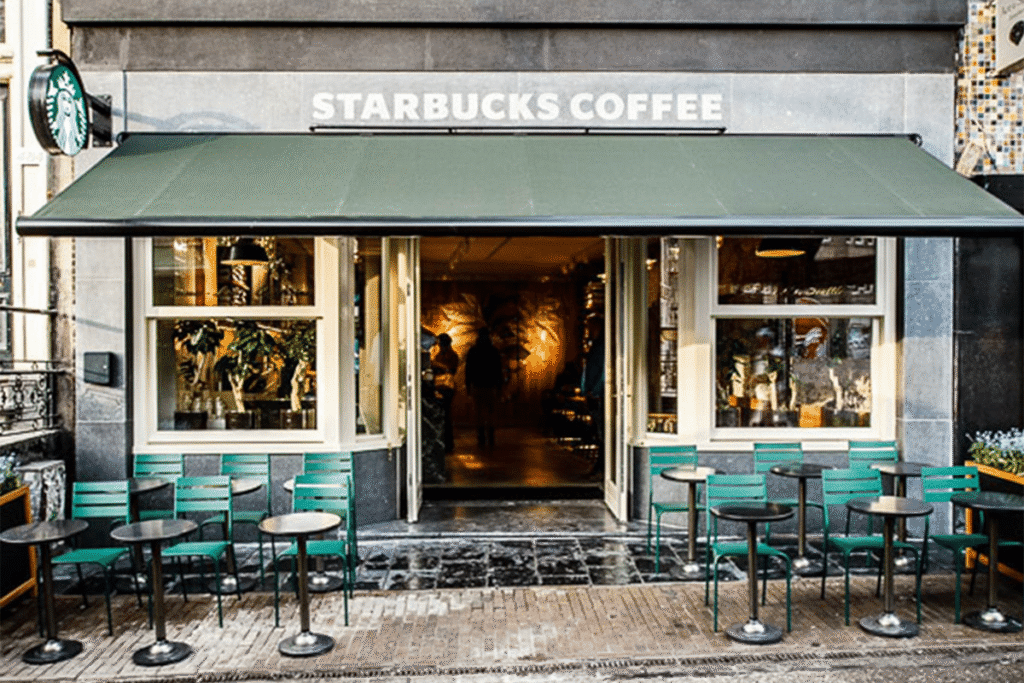How to Start a Coffee Shop in Europe as a Foreigner (2025 Guide)

How to Start a Coffee Shop in Europe as a Foreigner (2025 Guide)
Opening a coffee shop in Europe is a dream for many, but as a foreigner it requires clear planning and understanding of local rules. Here’s an updated 2025 roadmap to help you take action.
💶 1. Choose the Right Country
Some European countries are notably easier for foreigners to start a business than others:
- Estonia: 100% online registration, Startup Visa available
- Denmark, Norway, Georgia: beginner‑friendly systems
- Germany: strong market but strict bureaucracy—need language, licenses, business plan
- Netherlands: clear visa rules, chamber of commerce registration, hygiene & alcohol permits required
📍 Tip: Choose a country where you can speak the language comfortably and understand regulations.
📋 2. Legal Forms & Permits
You’ll typically need to:
- Register a legal entity (sole trader, GmbH, or UG in Germany; company in NL)
- Obtain a residence visa/permit for self-employment
- Get local permits:
- Food hygiene training and health certificates
- Liquor license (if selling alcohol)
- Business & trade licenses (Gewerbeschein in Germany)
✅ A detailed local business plan is key—especially to apply for permits and open a business bank account.
💰 3. Budget & Initial Costs
Estimate your startup costs:
- Basic café setup: €20,000–€100,000, depending on size & vetting
- As little as €10,000 could work for small kiosks using second-hand gear
- Monthly rent: €1,500–€5,000 in major cities, plus equipment, staff, marketing
☕ 4. Location & Concept
Success depends on your concept:
- Location—that attracts café-goers (business districts, campuses, tourist areas)
- Germans and Northern Europeans love cafes for friends & pastries, not remote work
- Offer local favorites—cakes, healthy snacks, themed experience
📌 Design tip: Cozy atmosphere with quality drinks and memorability.
🛠 5. Equipment & Suppliers
- Use quality, affordable gear – second-hand espresso machines, grinders
- Stock from local or boutique roasters for freshness and branding
📣 6. Marketing & Community
- Market on a budget: local social media, collaborate with local vendors, host events
- Engage with local arts, music nights, coffee tastings
✅ Word-of-mouth still reigns in small European cities.
🔍 7. Visa & Foreign Regulations
- Apply for a self-employment visa or startup permit depending on country
- Show proof: business concept, financial means (~€5k–€500k), market demand, job creation en.wikipedia.org
📌 Estonia’s e‑Residency and Startup Visa is the fastest path without local language or residence.
⚖️ 8. Learn Local Regulations
- Health & hygiene training required—course refresh every 2 years
- Fire safety, environment, music, smoking, insurance compliance (especially Netherlands)
- Register with local chambers & tax offices (KVK in NL, IHK in Germany)
✅ 9. Quick Timeline to Launch
- Finalize country & visa
- Build a clear business plan
- Register company & apply visa
- Secure location & equipment
- Get licenses & train staff
- Soft launch with local promotions
🚀 If done smoothly, it’s possible to open within 3–6 months—especially in Estonia or Netherlands.
💡 TL;DR Summary
| Step | What to Consider |
|---|---|
| 1. Country Choice | Estonia, Netherlands = easiest; Germany = big market |
| 2. Costs | €10k–€100k depending on location & scale |
| 3. Permits | Food, alcohol, business, health/hygiene |
| 4. Equipment | Second-hand gear & local roasters |
| 5. Visa | Self-employment or startup permits required |
| 6. Local Rules | Health, fire, environment, noise |
| 7. Launch | 3–6 months setup time |
🔗 Outbound Link Suggestion
Use a visa tool like Make it in Germany’s guide for more visa info.
✅ Final Tips
- Learn the local language—even basic level is mandatory in many countries
- Visit cafes and talk to local owners before starting
- Get expert help for legal documents and permits
- Start small—test a kiosk or pop-up before full lease